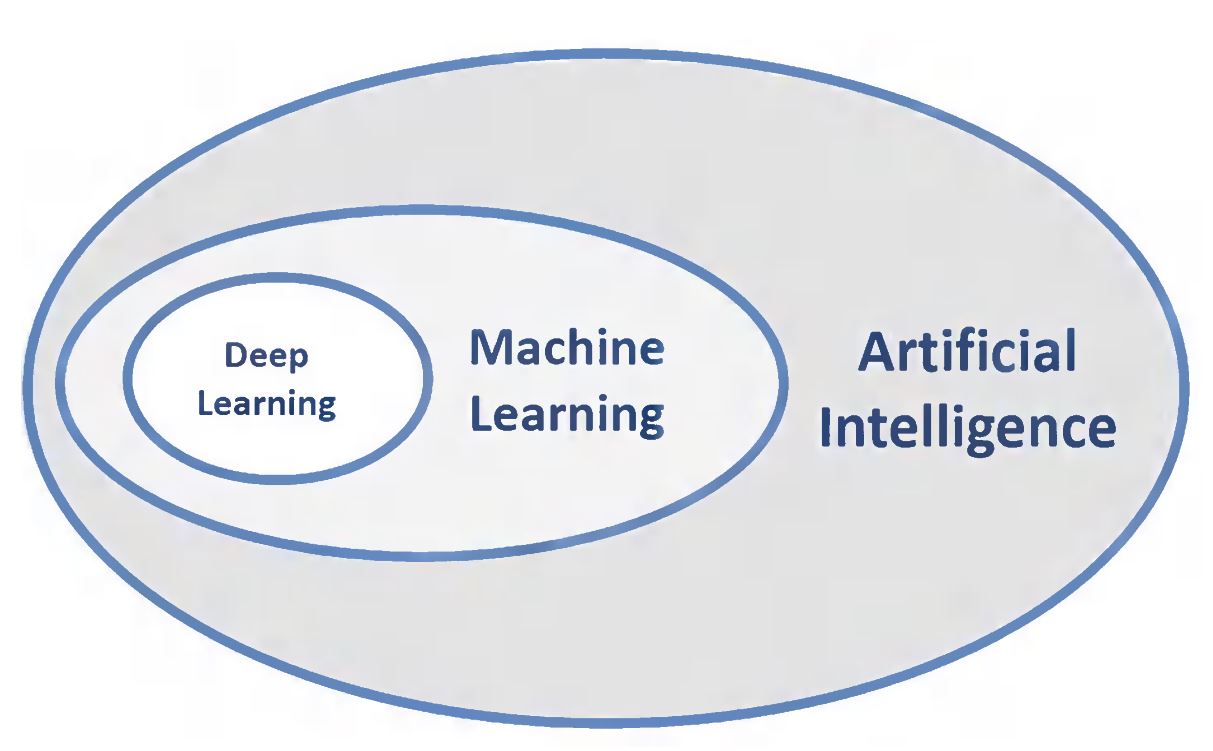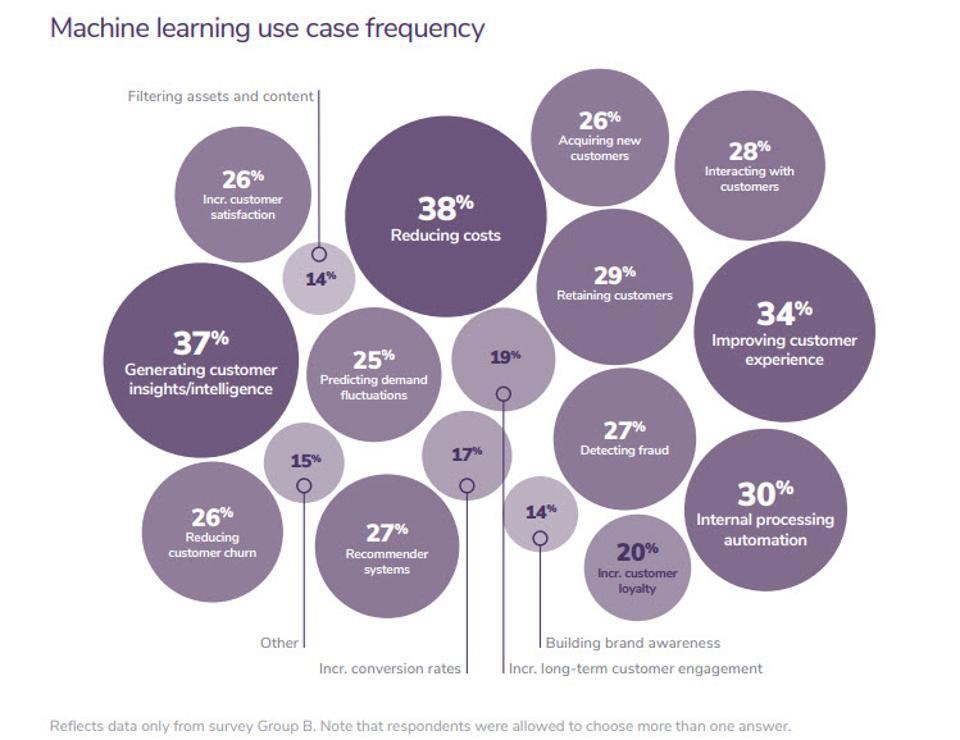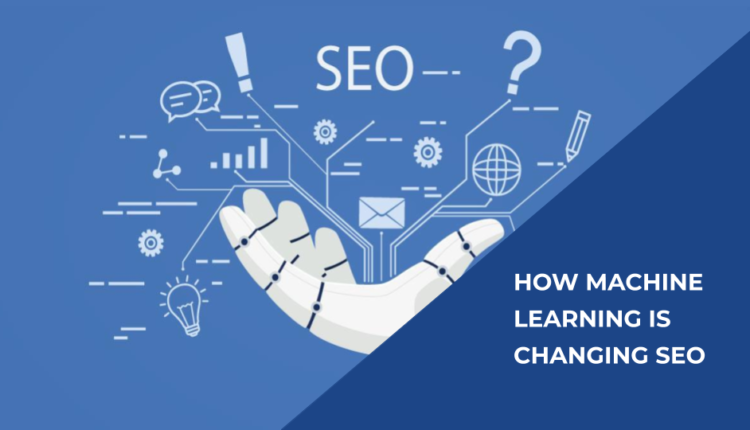How Machine Learning is Changing SEO
Machine learning and AI is affecting everything, including SEO
Machine learning is here, there, and everywhere.
We are now so accustomed to getting instantaneous insights and results; making the role of machine learning even more important when it comes to your SEO efforts; If someone wants to find you, they don’t want to search for long, they expect you to rank first.
Accenture estimates that current machine-based technology can boost business productivity by up to 40%!
Early adopters have already been reaping the benefits for years. For example, in 2017 Netflix saved $1 billion by using machine learning to make personalized recommendations.
If your competitors use machine learning, and you don’t, you might as well stop operations now before your competitors do it for you!
But if you still aren’t sure how machine learning is changing SEO, now is the time to pay attention.
Machine learning adapts and responds to data, learning over time to better answer search queries. This helps Google, Bing and all the other search engines to provide better accuracy in search results at a speed beyond human capabilities.
As marketers, we are tasked often with doing more with less. And as search marketers, ROI and efficiency are prerequisites for success. We must learn new skills and adapt to how things are rapidly changing with the rise of this technology.
If not, before you know it, you will notice a significant drop in your client’s search engine visibility, conversions, and traffic. Your natural response would be to attribute this drop to an algorithm update, but that may not be the case.
What it could be related to is machine learning changing the SERPs and causing your client’s site to slip further down the page where no one will see it.
What is Machine Learning?
Machine learning is a subfield of artificial intelligence (AI) concerned with algorithms that allow computers to learn. At the same time, another hyped AI technology—Deep Learning (DL)—is a subfield of ML that involves algorithms that train themselves based on neural networks.:

In other words, Machine Learning is where massive data sets are combined with pattern-recognition capabilities to find patterns and power self-learning to make decision
Today’s consumer lives in an instantaneous world where they expect information and results delivered immediately. That’s why Google, Facebook, Apple, and Amazon are putting machine learning at the heart of what they do so they can keep up and serve with speed, accuracy, and precision.
As SEO professionals, we need to do the same.
We have to keep up with this change with the SERPs while trying to make sense of the massive data sets.
How Will This Change SEO?
Google is constantly learning how to better look at things and understand things in a much deeper way. They do this to provide better search results to end users that satisfy their intent faster and easier.
As a SEO professional, this means that your new responsibility is to make sure you have content that has context, meaning it is useful at the moment across all devices, platforms, and content formats.
If your content fails to provide users with context, then you’re going to have a challenging time trying to rank in the top positions of the SERPs as the machines continue to learn and get smarter.
Google’s main goal is to connect visitors with great content. For that content to be great, it has to have great context to the consumer. Google arguably knows best what context works for what consumer due to their vast amount of end-user data.
Therefore, developing content around intent and hence context is the ideal way to go.
Is Technical SEO Still Relevant?
Technical SEO will always be relevant.
However, as time goes on, the amount of time, resources, and the repetitiveness associated with technical SEO can be lessened since it will require less human interaction. An example os this is Google Search Console (GSC). There is no doubt that GSC will eventually be entirely run on machine learning technology, which will limit human interaction.
Remember though that machine learning is not there to replace but there to help.
If you utilize the right machine learning technology, you can save time on tasks such as:
- Keyword research
- Technical audits
- Content optimization
- Content distribution
- Internal linking
With less time needed for technical SEO, you can focus more on creating high-quality content based on intent.
Link Quality and Machine Learning
In an online world run by machine learning algorithms, links are still important.
But, with machine learning, it is now all about quality rather than quantity.
The more quality links you have from related domains, the higher your search engine rankings will be.
Even more, if you have high quality and useful content to support it.
This is why it is important for any website to conduct a link audit, to see if any toxic links might be hurting your client’s search visibility.
Improving Customer Experience
Machine learning is already helping companies generate better customer insights and improving customer experiences.

As a SEO professional, machine learning is helping marketers by giving real-time insights into consumer behavior.
If you combine that with a keen focus on creating quality content, your results will improve dramatically, and your ranking on search engines will soon follow!
If your content is popular and generates a lot of visits, users stay engaged with the content and interact with the content, and your site will dominate the SERPs.
Conclusion
SEO is rapidly changing with advances in machine learning. For those who embrace these changes, there will be massive opportunity.
With machine learning, content that has context becomes far more important than ever before.
As we get bombarded with massive amounts of contents, search engines look for content that has context, acting as an essential signal for content that is relevant and of high quality.
The SEO professional must adapt and help search engines connect audiences with the right content at the right time and deliver the best user experience. As a professional, you must therefore provide content that:
- Is high quality.
- Meets end-user intent.
- Gives end users a positive content experience.
- Is useful.

Comments are closed.